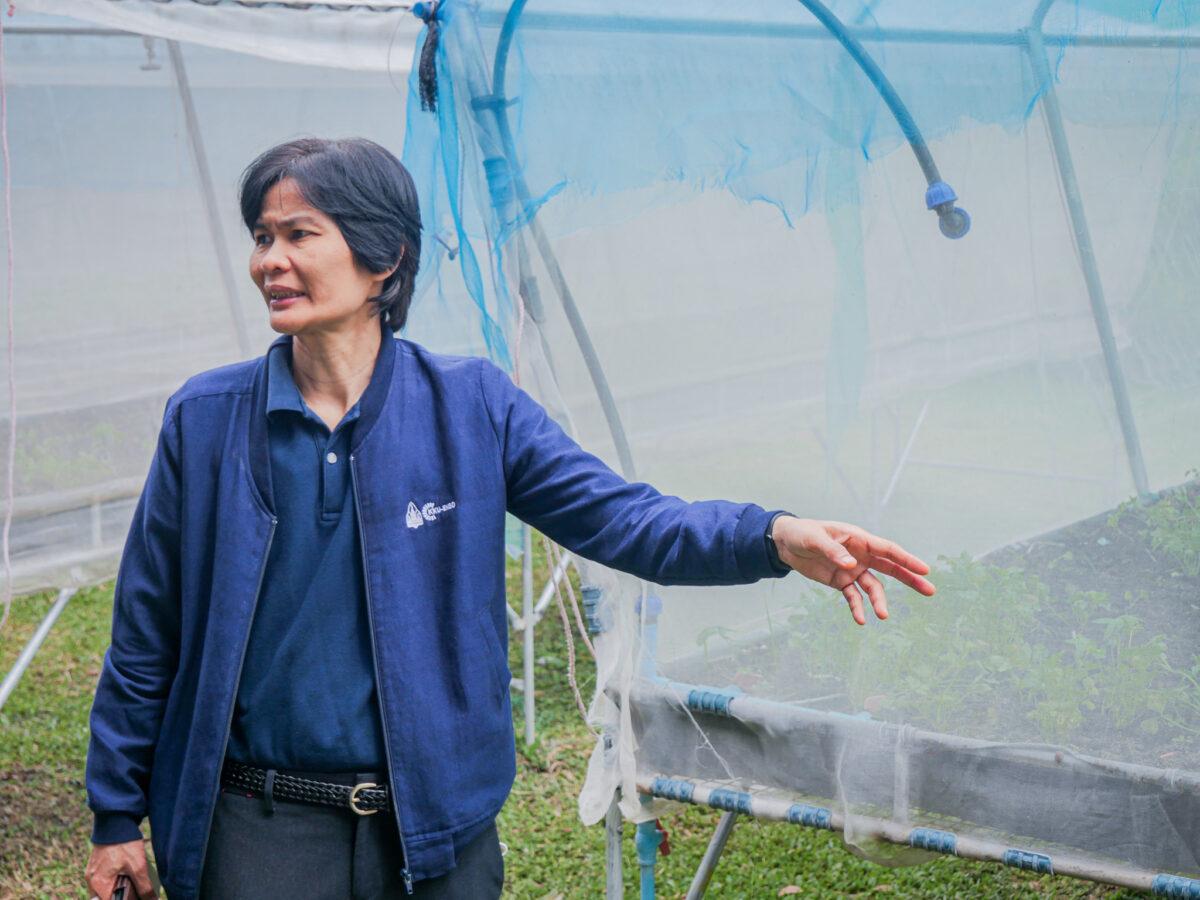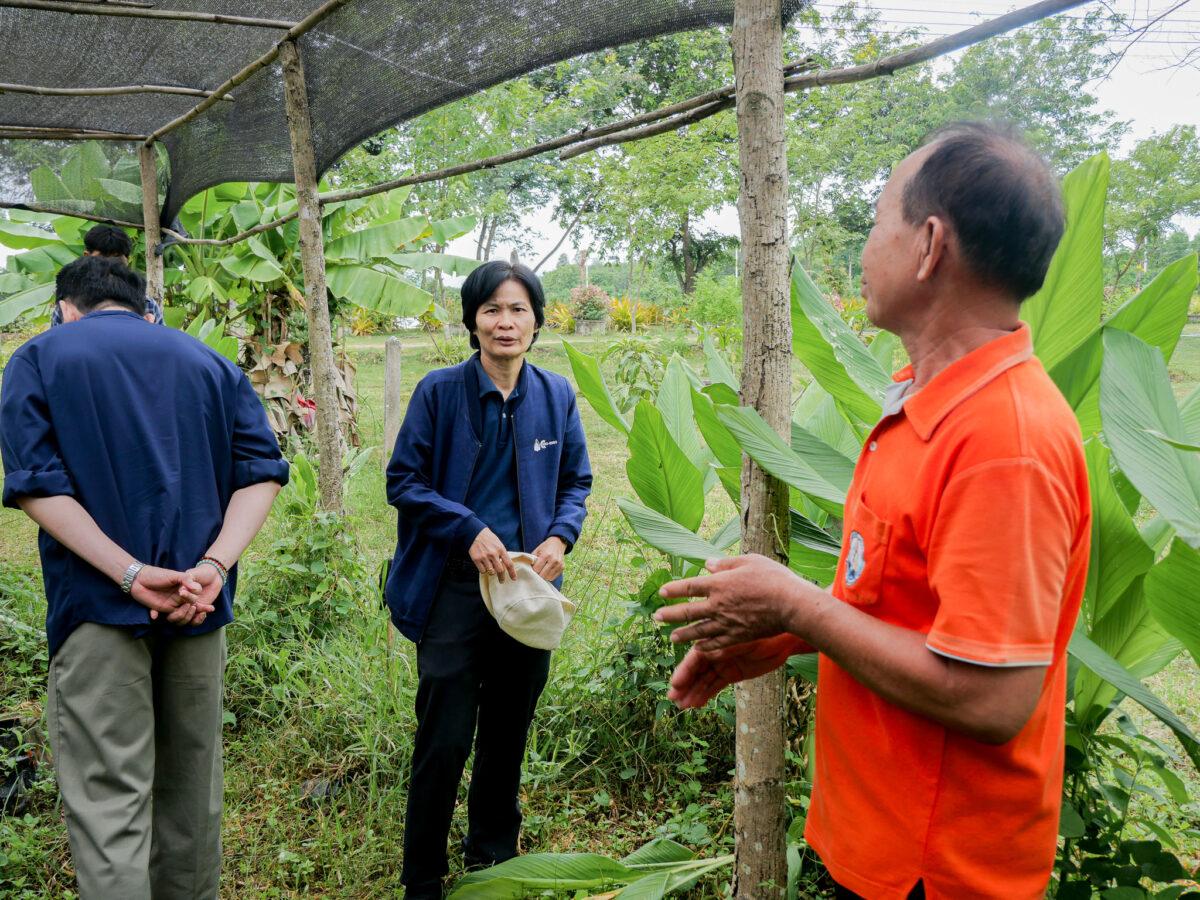On June 19, 2025, Khon Kaen University, through its Division of Enterprise and Social Sustainability, led by Prof. Dr. Thidarat Boonmars, Vice President for Enterprise and Social Sustainability, along with Assoc. Prof. Dr. Phetcharat Thammabenjaphol from the Department of Plant Pathology and Asst. Prof. Dr. Suphanat Kanjanawattanawong from the Department of Horticulture, both from the Faculty of Agriculture, as well as relevant staff, visited Nong Ya Plong Subdistrict in Wang Saphung District, Loei Province. The purpose of the visit was to monitor progress and discuss development strategies for the Wang Saphung Area Development Project.
The project focuses on maximizing the benefits of a conservation forest area, following the framework of the Plant Genetic Conservation Project under the Royal Initiative of Her Royal Highness Princess Maha Chakri Sirindhorn. The area is envisioned as a learning center for natural resource conservation, education, and the academic transfer of technology.

Prof. Dr. Thidarat Boonmars stated that Khon Kaen University is committed to transforming this site into both a hub for learning and a source of community income. By applying the Bio-Circular-Green Economy (BCG) Model, the university aims to integrate academic knowledge with the local context to improve the quality of life for local residents, generate employment opportunities, and promote sustainable community development. She emphasized that collaboration among communities, local agencies, and academic experts will be key to driving this initiative forward.
This field visit is part of Khon Kaen University’s ongoing commitment to area-based development, in line with the university’s motto, “Dedication to the Community and Society.” It also reflects the university’s concrete efforts to support the United Nations Sustainable Development Goals (SDGs). These include adv ancing inclusive and equitable quality education (SDG 4), promoting decent work and community-level economic growth (SDG 8), and encouraging the sustainable use of terrestrial ecosystems (SDG 15), which together form a strong foundation for long-term sustainable development.
ancing inclusive and equitable quality education (SDG 4), promoting decent work and community-level economic growth (SDG 8), and encouraging the sustainable use of terrestrial ecosystems (SDG 15), which together form a strong foundation for long-term sustainable development.








